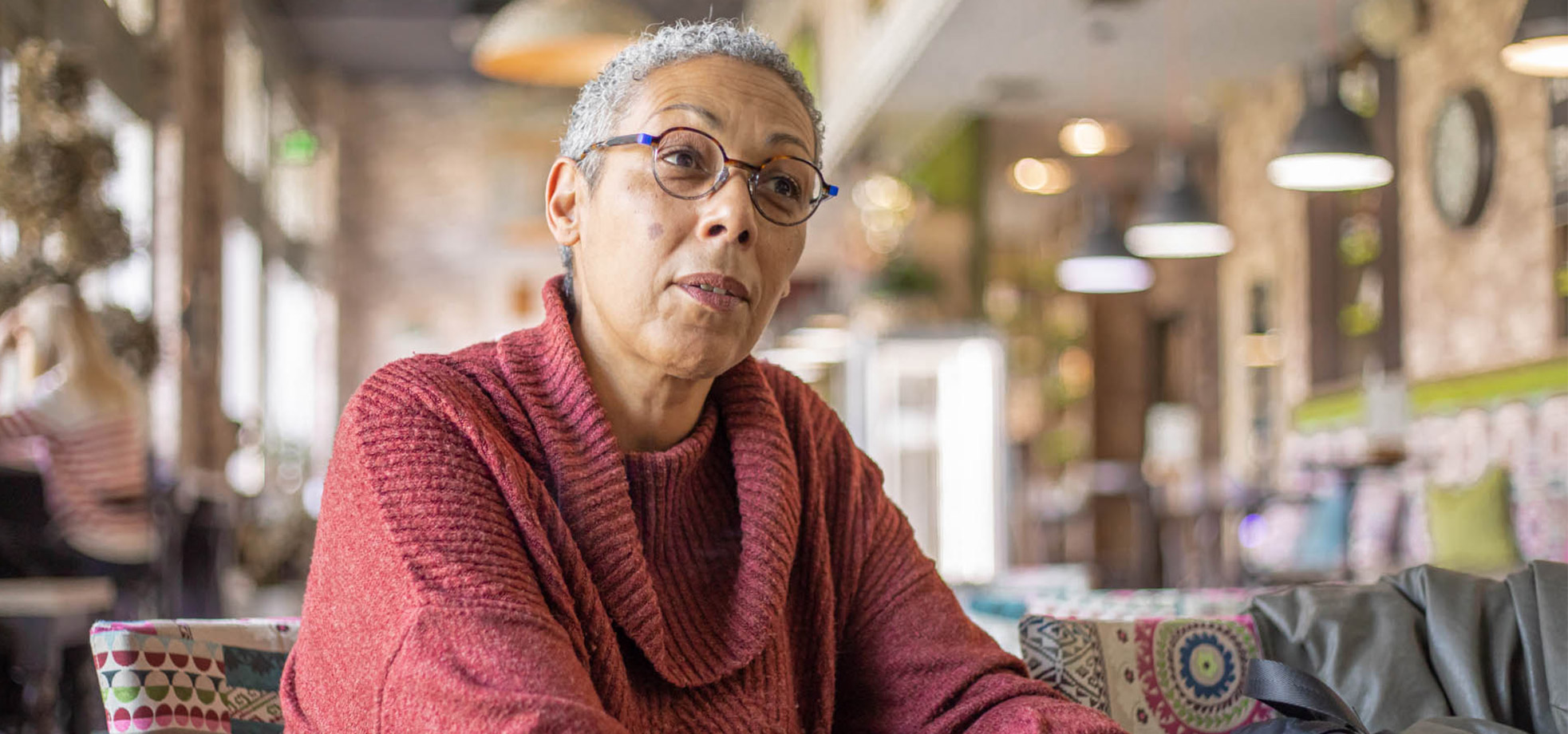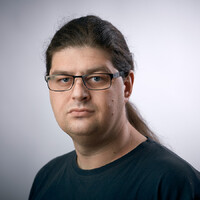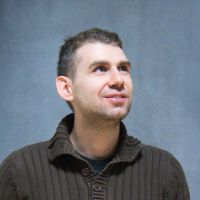Anne Marie Alves Curcic: I believe in the younger generations
She is a journalist with 30 years of experience in the media, but above all, a mother and activist in the fight for mental health. In an interview with 011info, Anne Marie Alves Ćurčić openly talks about facing prejudice due to skin color, the intention of the "Za tebe, važno je" initiative, as well as the tabloidization of the media and their involvement with the mental health of us all.
You were born in Switzerland. When did you move to Belgrade?
Yes, I was born in Bern and lived there for three years, and then two in Kinshasa (DR Congo, formerly Zaire), where my father is from. When my parents got divorced, I moved to this wonderful city with my mother, who is a Belgrade native. I briefly left after high school, but I returned. And it was just at the moment when the country began to fall apart and when the general "escape" began.
How do you remember your childhood?
Those were carefree and innocent times. I belong to one of the last generations who, when I look at it from today's perspective, had the privilege of growing up in a country that was not poisoned by politics and nationalisms of all kinds of provinces. We traveled a lot, discovered other cultures, and had interests appropriate for that teenage, adolescent age. Unfortunately, today's kids can name more politicians than bands... But our apolitical stance, as it turned out, actually cost us dearly - we were absolutely unaware and therefore unprepared for the horrors that followed in the 90s. We had no idea what was coming...
And I always remember that soldier, Bahrudin Kaletović, whom the Yutel camera immortalized - "They want to secede, and we won't let them. Actually, we just want to go back to the barracks and nothing more."
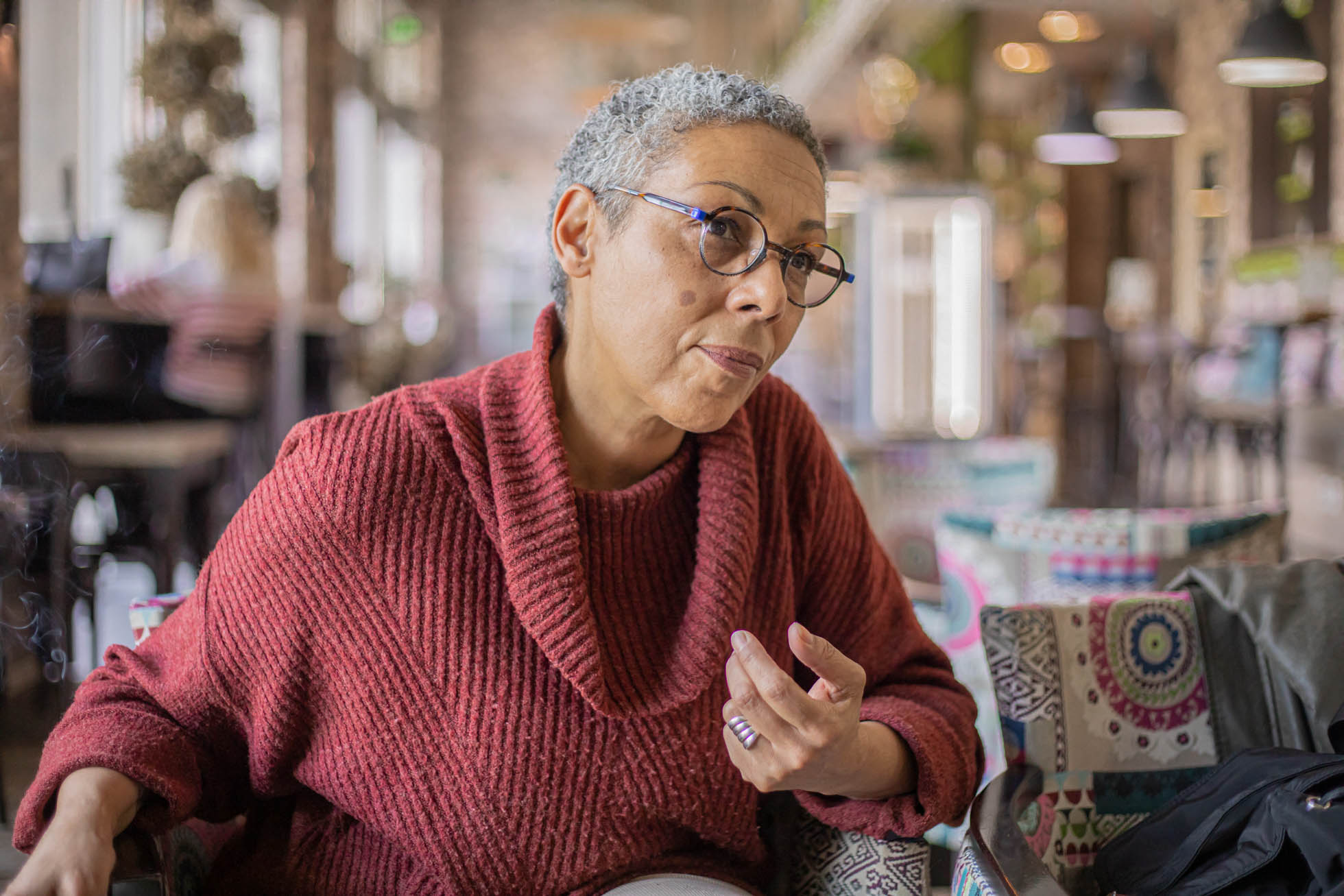
How do you see Belgrade today?
I think that Belgrade has become "neglected" over time because we haven't shown our love for it in the right way: we haven't taken care of it or looked after it. As a natural optimist, I sincerely believe that the younger generations will be smarter than us and will make it beautiful and luxurious again.
Do you believe that younger generations have the strength to do that?
No matter what people think about today's young people, looking at my daughters' society, they are truly phenomenal children, much more pragmatic than us, growing up in extremely challenging times. My generation was lucky enough to grow up in the golden age of Belgrade. We had appropriate interests, like all other adolescents in the world. Unlike that time, today's youth live in a risky time where public interest is lost, where everything is allowed and where the issue of responsibility is often neglected. Despite this, I believe in young generations and their strength.
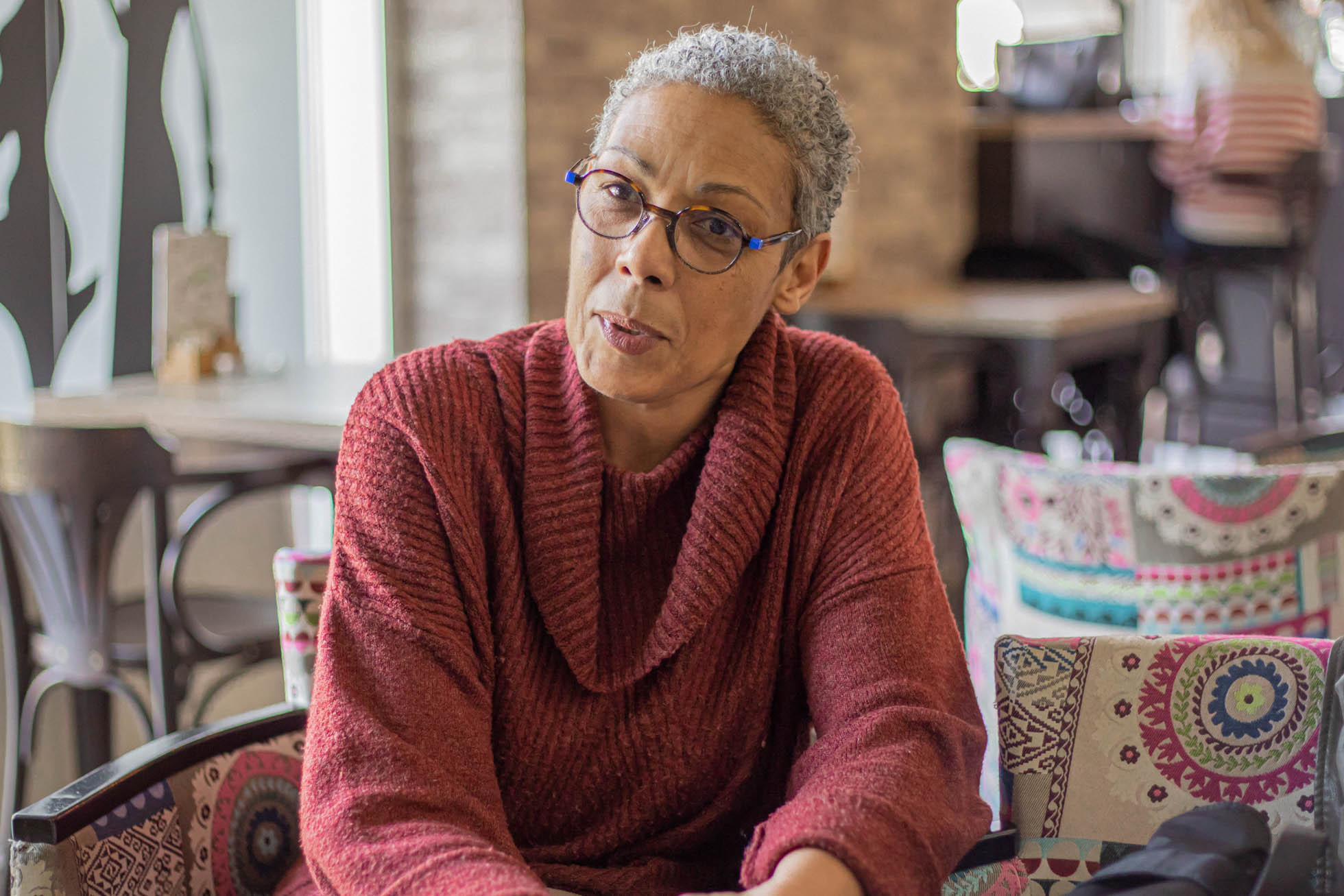
Your father is from Cameroon, and your mother is from Belgrade. Did you encounter prejudices during your schooling because of this?
I can freely say that I was lucky and privileged to a certain extent. Namely, I attended the model school "Vladislav Ribnikar," which was formed by merging the schools "Slobodan Princip Seljo" and "Aleksa Santic." In "Ribnikar," French language was taught from the first grade, and the primary school enrolled children whose parents had spent a lot of time abroad. Hence, the students were familiar with other cultures, religions, and ultimately races. Ultimately, I became aware of my difference quite late, and I owe it to the Non-Aligned Movement to which Yugoslavia belonged. On the other hand, the same cannot be said for my daughters. When it comes to my daughter Marija, my husband and I had to intervene as soon as she started going to kindergarten. To be honest, there is a certain latent racism in our society. It is enough to look at the attitude towards Roma people. However, this is especially pronounced in times when a crisis hits society, and people become frustrated due to a sense of helplessness.
You mentioned your husband earlier. You met under very unusual circumstances, didn't you?
To say the least! We happened to be in the same place, at the same time, in the same building - the elevator! (laughs) Before I got into journalism, I worked at the French bookstore "Monparnas," which was across the street from Beograđanka. One day, I went to the offices of the French-Yugoslav Friendship Society with which we had a partnership. As we got out of the elevator on the floor where they were located, I wished the people I had ridden with a pleasant day, as my mother had taught me. Among them, as it turned out, was Đorđe. He was so smitten that he spent the next week looking for me all over the city. His search paid off, and here we are, together for three decades now. (laughs)
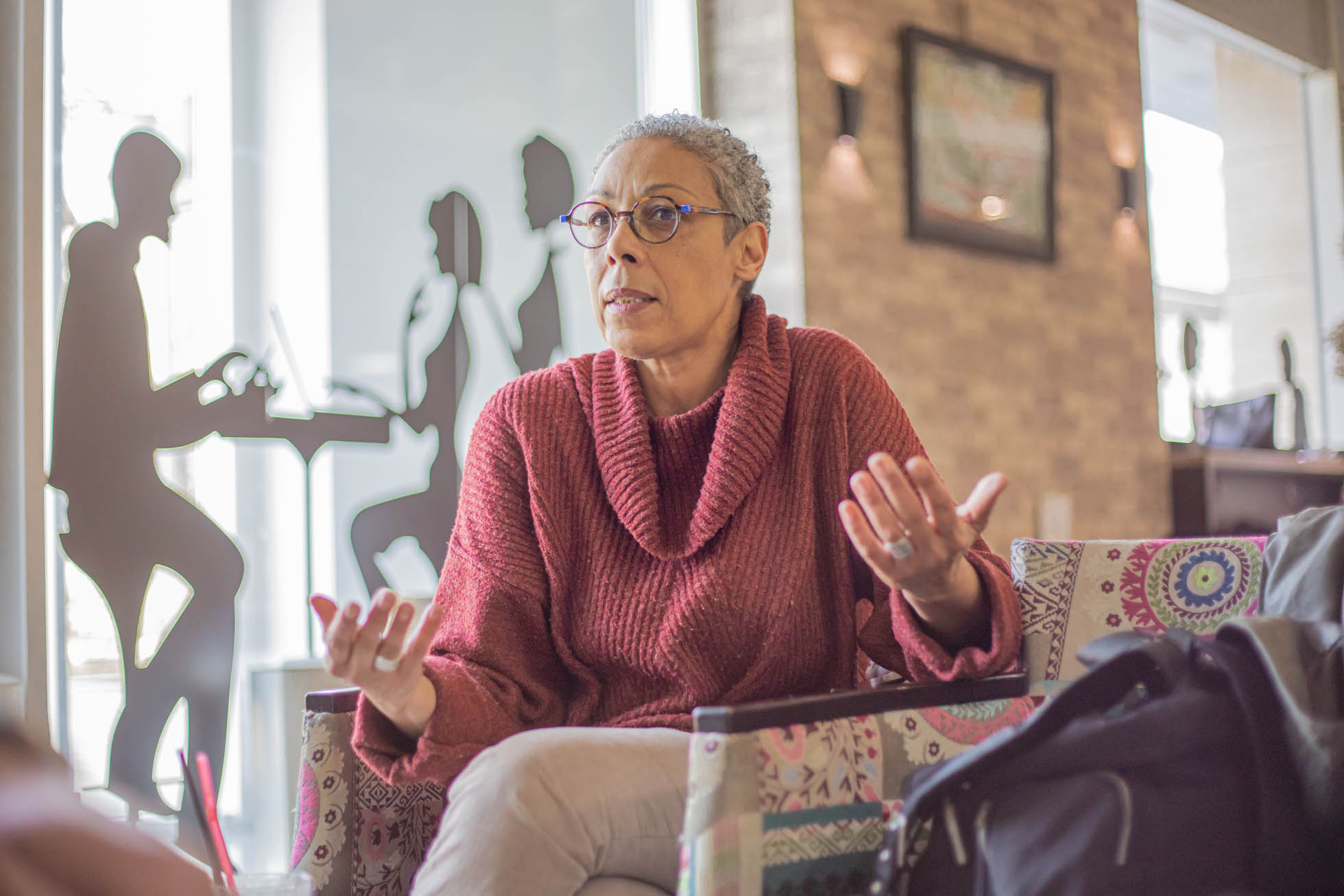
How did you get into journalism?
It was a coincidence. I was studying to become a French language professor, and it never occurred to me that I would become a journalist. Since I knew foreign languages, I was initially offered to work part-time in the foreign policy editorial department of NTV Studio B. That was truly the golden age of that television station, one of the first, if not the first independent radio-television station in the former Yugoslavia. Unfortunately, that is no longer the case today. The next revelation came when I was offered to join Al Jazeera Balkans. Words cannot describe how much of a blessing it is to work in such a diverse collective. When you get a chance to collaborate with colleagues from the former Yugoslav republics again, you get an additional confirmation of the futility of everything we went through during the 1990s.
Has journalism changed since your beginnings?
Yes, to a great extent. By coincidence, I deal with the impact of media on mental health. To be truthful, media tabloidization is a global trend. However, I believe it is much more prevalent in our country than in the countries of the former Yugoslavia. I believe that journalism should primarily serve the public interest. Our task is to protect and defend the interests of the citizens of this country. Unfortunately, this is not always the case. Instead, there is often manipulation and spin. And it goes unpunished, which is extremely disheartening. Perhaps bitterness is speaking from me, but I am not sure that I could encourage anyone to pursue journalism today.
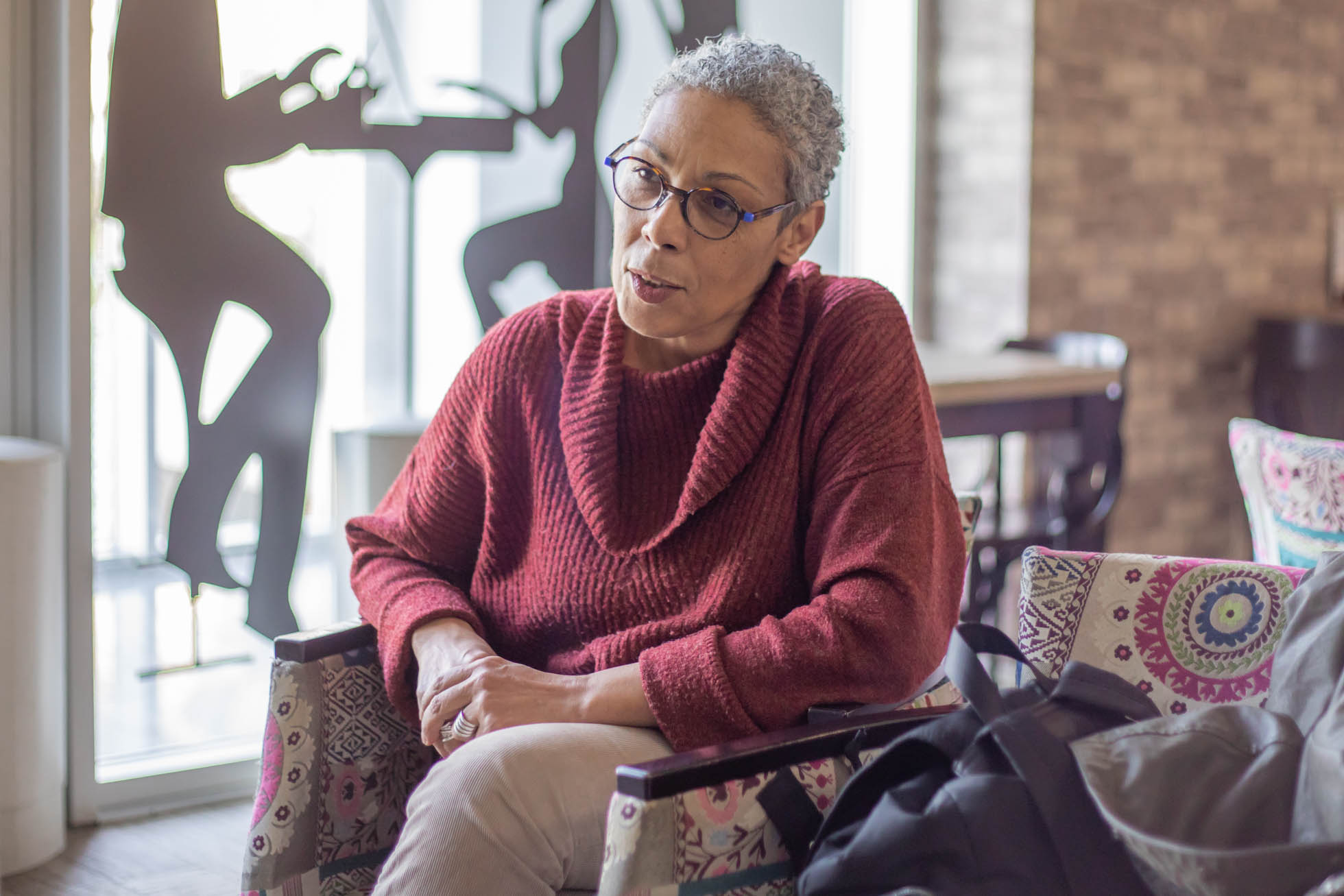
Following the family tragedy of your daughter Marija's death, you initiated the "Za tebe, važno je" (It's important to you) campaign.
When we experienced loss, we were "fortunate" not only because of the support of friends, acquaintances, and the wider community, but also because we knew exactly whom to turn to for professional support and help. Unfortunately, many people do not have access to such support, primarily for financial reasons, which recent research conducted in Serbia confirms. The existing systems of institutional and community support do not even come close to meeting the needs of citizens. When you add to that the existing prejudices and negative stereotypes surrounding the issue of mental health, the ubiquitous stigmatization of people with mental health problems, it is not surprising that there is a huge need for systemic improvement of psychosocial support, particularly in the community. Let us not forget that, in the process, we are dealing with.
Why do you think people are hesitant to seek professional help?
Because they are afraid of being stigmatized. It is debatable whether they can talk to their loved ones and friends about their problems. In short, that is the main reason why they do not dare to seek help. It is even more unfavorable in smaller communities. It is questionable whether they even have a health center, let alone a psychologist or psychiatrist.
Generally, society does not teach children to seek help. It is enough to consider the example of a school psychologist. Most people believe that they only go to them for punishment, and that should not be the case. The school psychologist should be a friend of the students and someone they can rely on in difficult times.
Of course, the troubles that have befallen the whole world do not help: from pandemics, through economic crises, to the war in Ukraine. The direct consequence of this is the bombardment of terrible news from all possible sources.
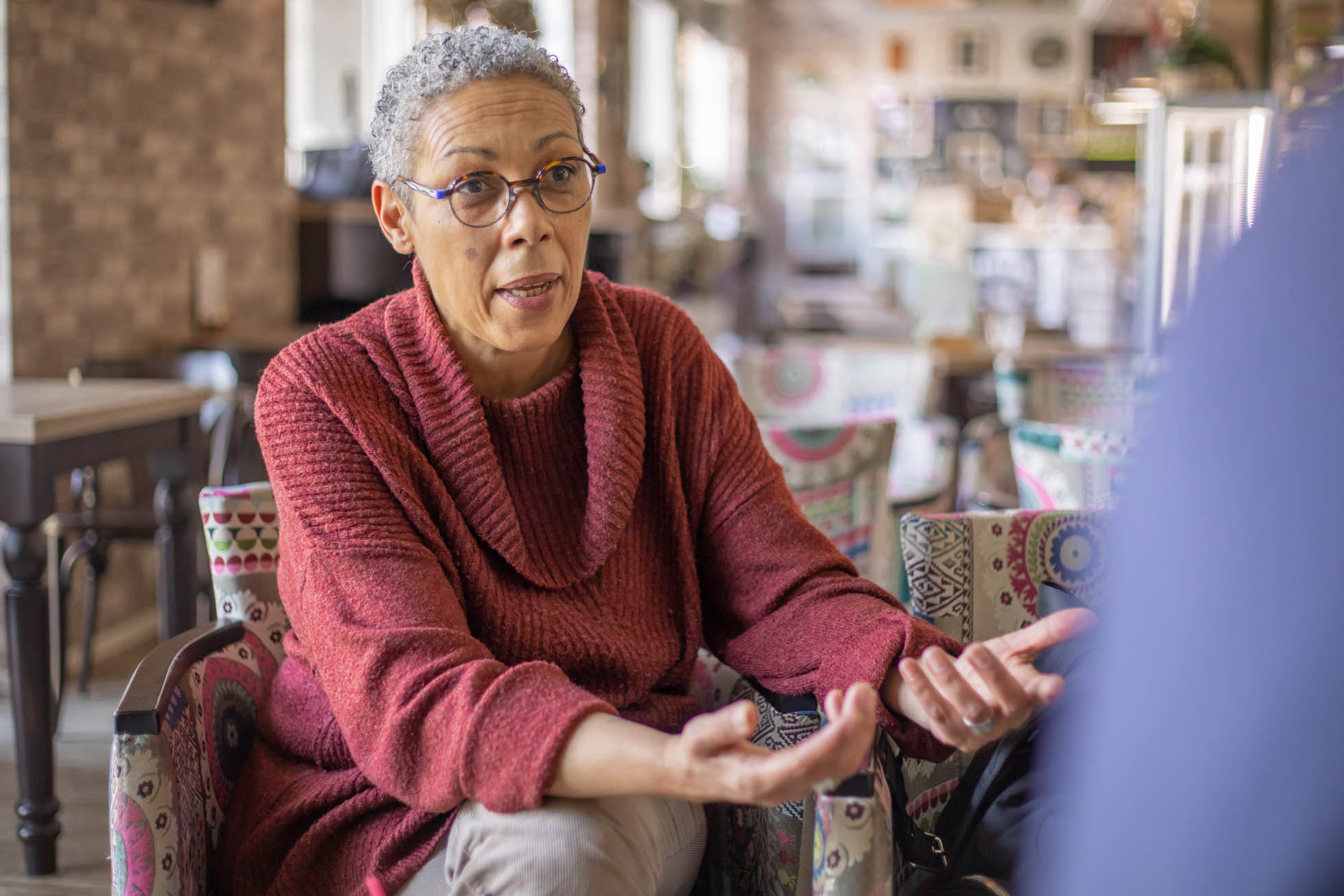
Does the media play a role in this?
The media play a huge role. When reporting on tragic events, sensationalist clickbait headlines are almost always used, photos from the scene of the accident are published, the identities of the actors in these events are revealed, even if they are minors... Unfortunately, there is a really long list of media outlets that violate the ethical Code of Journalists in Serbia, the Law on Media and Public Information, as well as the Constitution that guarantees everyone the right to privacy and dignity. It is not enough to have a conscience and put a hotline number for suicide prevention at the bottom of an article reporting on the violation of ethical codes.
If we continue in this manner, we will only sink deeper.
Is there a "cure" for that?
Basically, one has to limit the time spent consuming media. It's enough to watch one news report. Don't switch channels and visit portals endlessly. Try to get information from reliable sources, because, as you know, especially on the internet, there is all sorts of information. In the absence of a better word, try to become media literate.
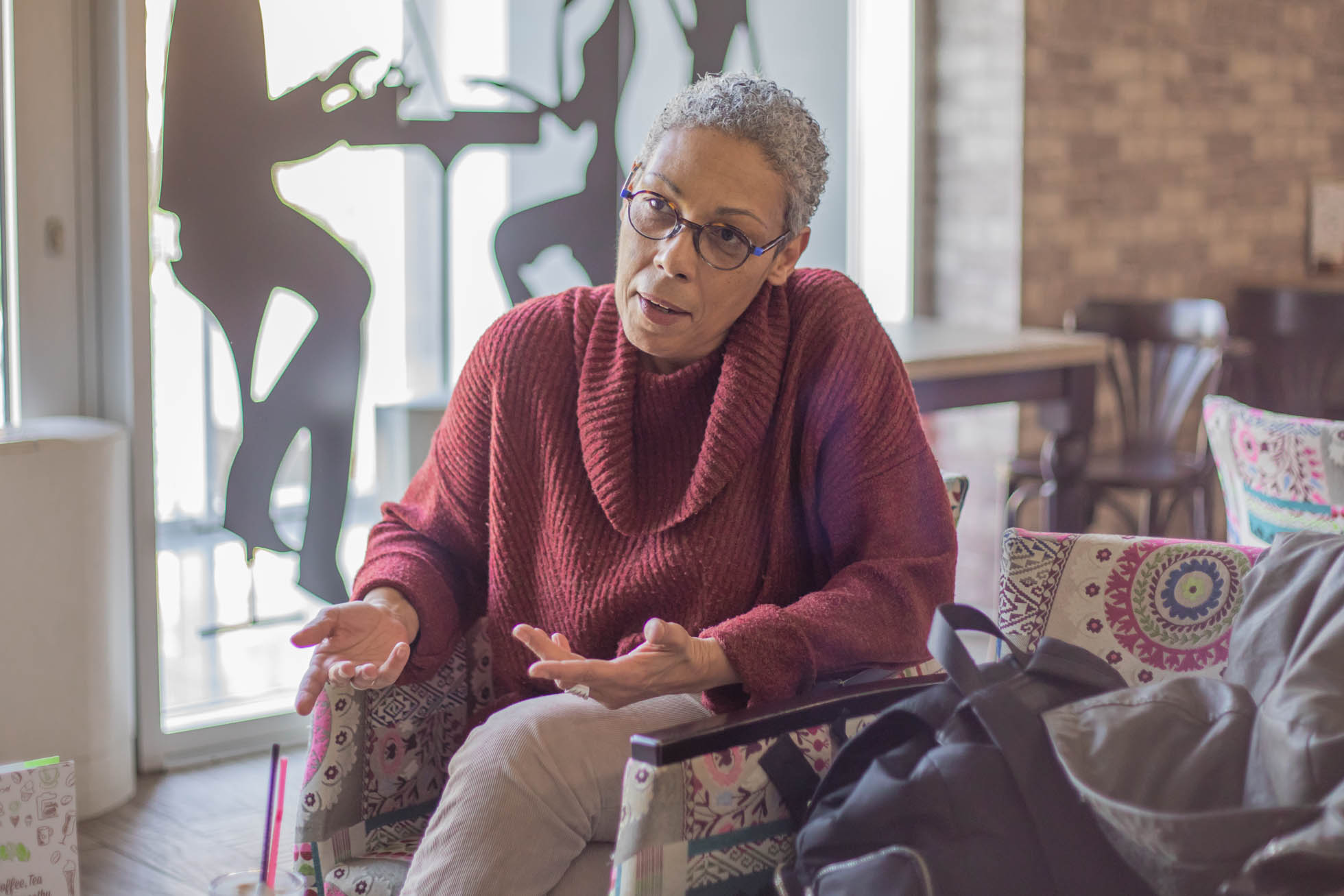
What is the initiative "For you, it's important", that you are currently working on?
The plan is to formalize the initiative by the end of the year, i.e. to become an official association. However, even as an informal citizen initiative, we have accomplished a lot. We are part of the Movement for Mental Health, which brings together societies that provide psychological support in the community in various ways. Among other things, the "For you, it's important" initiative is part of the working group at the Ministry of Human and Minority Rights, which is preparing the next social dialogue on the topic of mental health protection.
The initiative has been focused on social media from the very beginning, which is often the subject of public criticism. I am among those who believe that the internet is one of the greatest achievements of modern times, and that these social networks can certainly be a platform for promoting good and positive things.
So, use social media for "good purposes".
Exactly. On the Facebook and Instagram accounts of "For you, it's important," we share educational content that is understandable to all generations, i.e. both young and old. Specifically, on Facebook, our goal is to create a safe and secure online corner where anyone can say what is troubling them, without risking being labeled or judged. This group is open and has over 30,000 users, both those in need of help and those who can provide it. I think that speaks volumes about the scale of the need to talk about mental health, i.e. psychological and emotional challenges.
A big problem is that this is still a patriarchal society, where roles are clearly defined, as well as ways of behavior. A man cannot cry, and a woman must be silent and endure. At the same time, we should not go to extremes, so not every panic attack before an exam is a cause for concern, nor is a storm a reason for depression. Simply put, we should accept that it's okay if we're not feeling great, and it's okay to talk to a trusted person or seek professional help.




 8 ℃
8 ℃

